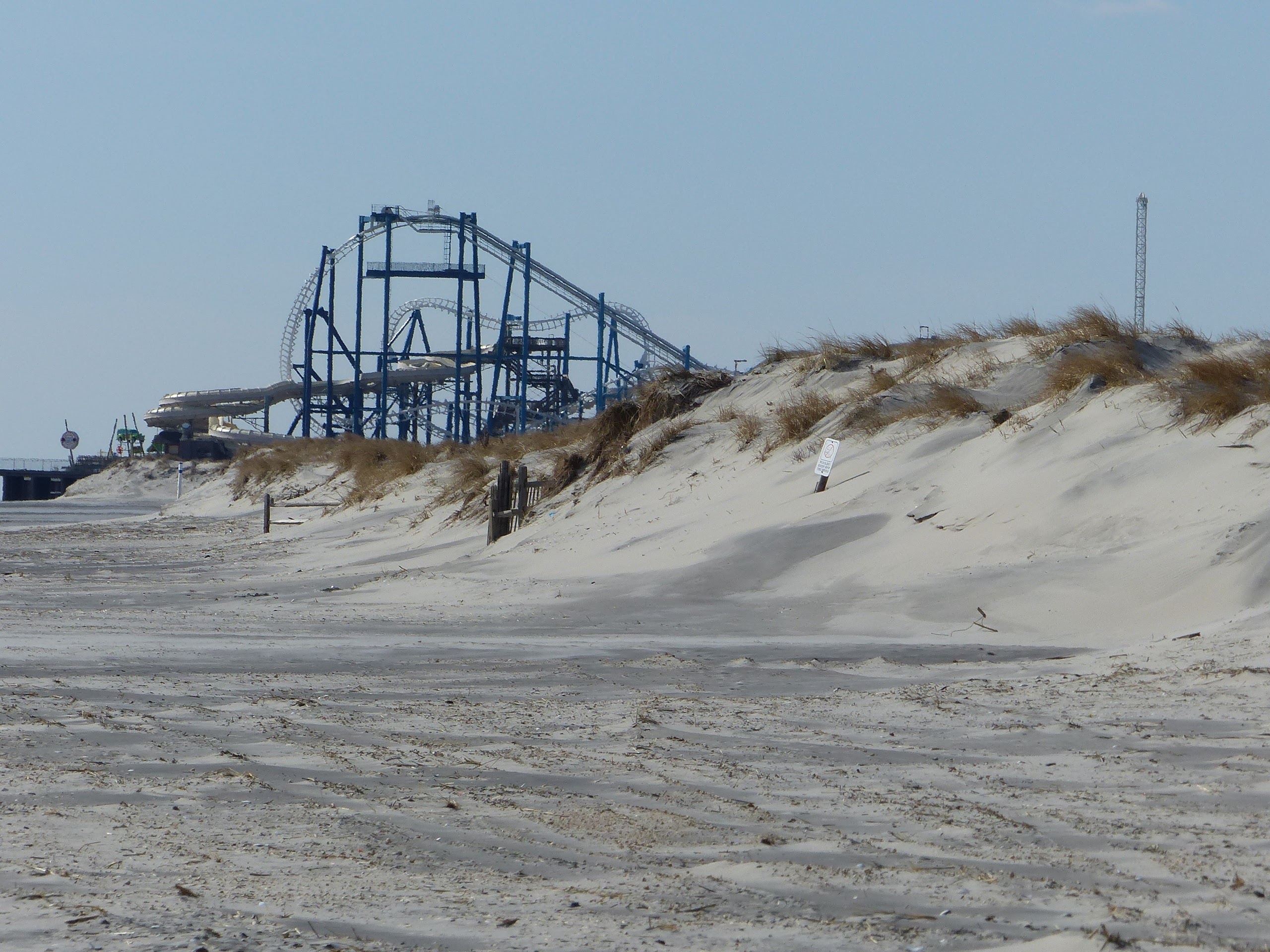COURT HOUSE – The week of Sept. 21-27 is National Banned Book Week, which highlights the value of free and open access to information. Launched nationally in 1982, it is the book community’s response to the increase in the number of challenges to books in schools, libraries and bookstores. Locally, though, it’s really about the Freedom to Read Week.
“People often don’t realize we are still banning books in the U.S.,” said Tony Herr, co-owner of Cape Atlantic Book Company.
He and his partner, Patrick Young, stay abreast of which books are on the banned list, and post stickers saying, “I sell and read banned books,” on their cash register.
“It’s really about access to information and having information available to you, in whatever form you want – books, Internet, newspapers and news,” said Kara Brehm, technology librarian at the Cape May County Library.
Last year alone, over 300 books nationwide were officially challenged because of offensive language, racism, religious or political viewpoints and other concerns. These included popular titles such as The Hunger Games and the Fifty Shades of Grey series, to The Perks of Being a Wallflower, a young adult coming-of-age story first published in 1999. Even the Harry Potter series is on the list of banned books, according to Brehm, because it deals with witchcraft. “But these books can still be used as learning tools, so they shouldn’t be banned,” Brehm said.
Two books are considered actively being challenged locally, according to Herr, but are available at the library. One book, The Notebook Girls, published in 2006, deals with several New York City high school students who kept journals after the Sept. 11 terrorist attacks. The other book, Real Girl, Real World, deals with issues teenage girls face including body image, sexuality and feminism.
Herr said most of the challenged books are in the young adult category, often addressing topics teens face. “But parents don’t want to talk about,” Herr said. He mentioned popular young adult authors Laurie Anderson, Sherman Alexi and John Green are almost always on the list. “Even here in Cape May, I sell thousands of their books.”
Tish Carpinelli, media specialist, Lower Cape May Regional High School, has been on the school staff for nearly 18 years, and recalled only one instance where there was concern expressed about a book many years ago. Ordinary People was on the summer reading list,” she said, referring to a book published in 1982 that dealt with suicide. “People were concerned because they thought it should have been read in the classroom, so if a student needed support, support would be available at the school.
“Fortunately, it (book banning) has not been an issue here,” Carpinelli said. “We have all read books that have been challenged over the years,” referring to such books as The Adventures of Huckleberry Finn, Catch-22, For Whom the Bell Tolls and Grapes of Wrath. “Even the Bible has been challenged.”
Carpinelli said that these books are part of a Library of Congress exhibit, Books that have Shaped America, because of their “profound effect on American life.”
In the Teen and Audio Books sections at the main Library in Court House during the week, there will be a number of displays showing books that have been banned or challenged over the years. Displays at the library’s branches will depend on the space available at each location. Bookmarks also will be available.
There also will be a large display in the library’s Technology Learning Center showcasing open access to information as part of the OpenNet initiative, a global partnership that investigates, exposes and analyzes Internet filtering.
“We’ll have fliers and 3-D items printed out such as stop signs and caution symbols to call attention to Internet neutrality,” Brehm said. There also will be information and Internet URLs posted to provide information to library patrons.
“Do you really have all the information you need and want,” Brehm said, “or have there been restrictions put in place? Many countries, such as China, Russia, Great Britain and even the U.S. are on a list of countries that still limit information. Some news sources block information and only provide half the story, for example. Everyone needs to be aware and check their resources to ensure they are getting the information they need.”
So how can residents help? Brehm said the American Library Association (www.ala.org) puts out a list of banned books every year. “Request these books at your library to show that you want to have them available for everyone to read,” Brehm suggested.
“If you hear about someone challenging a book, usually it’s a regional concern where there might be petitions you can sign. Locally, we have not had any challenges that I know of, but if there were, there would be something published in the papers and we (the library) would ask for your support,” she added.
Finally, Brehm said if a challenged or banned book is not available at the library, donations are accepted year-round. “Patrons could buy the book and donate it if they wanted. We always accept donations.”
To contact Karen Knight, email kknight@cmcherald.com.








